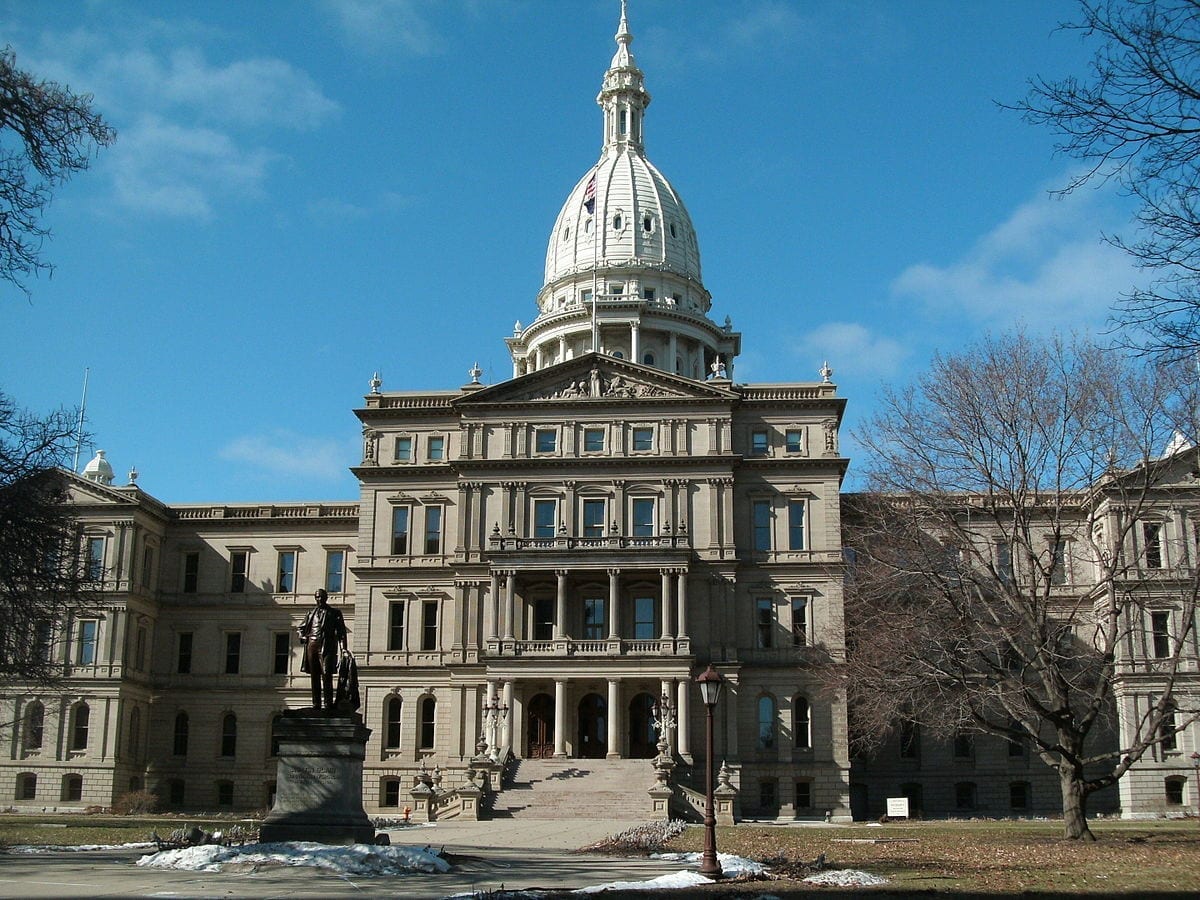The House moved quickly to address a potential crisis caused by the state Supreme Court’s invalidation of many of Gov. Gretchen Whitmer’s coronavirus-related executive orders.
The Michigan House of Representatives has passed two bills extending and expanding unemployment benefits for residents who have been affected by the ongoing coronavirus pandemic.
According to MLive.com, the House on Wednesday made a late-night 101-0 vote to approve Senate Bill 886 and Senate Bill 911. Both bills include language similar to Gov. Gretchen Whitmer’s Executive Order 2020-76, which increased the number of weeks unemployment claimants might receive benefits from 20 to 26. They also permit self-employed workers, contractors, and gig workers to apply for and receive benefits.
As LegalReader.com reported earlier this week and last, the Michigan Supreme Court recently invalidated many of the executive orders Gov. Whitmer issued between April 2020 and October.
Gov. Whitmer, in response to the novel coronavirus pandemic, expanded both eligibility for unemployment and enacted a series of public health mandates, including one requiring Michiganders to wear masks in public spaces.
However, Gov. Whitmer’s executive orders derived their authority from the 1945 Emergency Powers of the Governor Act. That act permits the governor to declare a state of emergency and pass related orders without legislative authority—it also seemed to contradict more recent legislation.

Numerous groups, including conservative lawmakers and the Mackinac Center Legal Foundation, filed lawsuits challenging Whitmer’s repeated extension of a state of emergency.
Earlier this month, the Michigan Supreme Court—in a partisan 4-3 vote—found the Emergency Powers Act unconstitutional. With that decision, Gov. Whitmer’s orders were largely invalidated.
Without quick legislative action, nearly one million Michiganders stood to lose unemployment benefits.
In response, Michigan’s House and Senate called emergency sessions to codify many of Whitmer’s unemployment provisions. But the Republican-dominated legislature also attempted to “tie-bar” other bills to SB 886 and SB 911, including broad liability protections for businesses facing coronavirus-related litigation.
In a surprising bipartisan compromise, legislators agreed to drop the tie bar; both sets of legislation were approved separately.
House Speaker Lee Chatfield, a Levering Republican, said the bipartisan vote is great news for the state.
“We have a deal on unemployment benefits and liability reform,” Chatfield wrote on Twitter. “The tie bar is no longer necessary, because we found common ground.”
MLive.com notes that—like Gov. Whitmer’s executive orders—SB 886 extends the maximum unemployment benefit period from 20 weeks to 26, “doesn’t make employers pay for benefits when someone is laid off due to COVID-19, allows employers to use the work-share program even if not normally eligible and allows people to receive benefits while taking time off work for a COVID-19 related cause.”
However, SB 886 does lack language addressing two critical provisions of Gov. Whitmer’s orders: it does not waive work-search requirements, and it may cause Michiganders who have quit any job in the past 18 months to lose benefits.
The bill’s language does allow for the Unemployment Insurance Agency to make a decision as to whether it will waive individuals’ work-search requirement.
SB 911 retroactively allows retired workers who were rehired by the state to have suspended pension payouts reinstated.
Sources
Michigan lawmakers expand unemployment benefits, pass business COVID liability


Join the conversation!